We won the data initiative of the year award!
The sustainability data initiative to boost ESG transparency
Years have passed since the 2008/2009 financial crisis. During this time, the eyes of regulators and financial institutions have been firmly fixed on identifying gaps and loopholes in supervision to prevent another global crisis from occurring.
Amidst this, another crisis quietly crept in, and the destruction of the environment became a fact, not an assumption. It became clear that the progress of the financial sector towards funding initiatives growing the green and sustainable economy would require building a mutual understanding of ESG data disclosure requirements between the financial market and regulators themselves.
By leveraging the Global Financial Innovation Network’s (GFIN) Cross-Border Testing initiative, BR-AG was selected by the Central Bank of Bahrain, Astana Financial Services Authority, Bank of Lithuania, Bermuda Monetary Authority, Abu Dhabi Global Market and Central Bank of the United Arab Emirates to tackle the problem of sustainability data management within varying jurisdictions.
Taking “E” as a starting point and recognising that environmental impact data and decisions on what is classified as “green” or “sustainable” can no longer be a black box, we decided to bring in a standard-driven approach to data design and tackle sustainability data management with our ATOME data solution as a platform for cross-border collaboration.
What was our goal?
Our goal was to build a common understanding of data requirements for sustainability disclosures across jurisdiction with differing stages of ESG disclosures and differing priorities in their sustainability strategies and promote cross-border collaboration by exchange of data models and data understanding across jurisdictions and sectors: banking, insurance, and investment.
By leveraging ATOME as a data management solution, we were able to explore how technology-enabled data definition and design boost an agile approach towards supervision of the “E” in ESG- green analysis and progress towards meeting the goals of the green economy set out in the UN Sustainable Development Goals.
How did we do it?
By using the ATOME data management platform for the design of data concepts, we built a dictionary of concepts and classifications for sustainability reporting, basing them on regulatory guidelines and standards, such as the Agenda for Sustainable Development, guidelines of the Basel Committee on Banking Supervision, the Greenhouse Gas Protocol, and the EU Taxonomy, as well as others.
Based on these concepts, we leveraged the ATOME platform to create granular data templates to collect and analyse sustainability-related data submitted by financial institutions:
- Loans and advances provided by banks to commercial entities, where we organised them into two categories: green loans and brown loans, depending on the reported purpose (for example, loans issued for construction of wind turbine farms versus loans issued to carbon-intense projects), identifying alignment with sustainability criteria.
- Transition risks, which indicated areas of potential risk while transitioning to a green economy.
What was our outcome?
Reflecting sustainability reporting guidelines and standards on the ATOME platform, we were able to organise the abundance of guidelines and standards in a structured way to create a starting point for sustainability data collection, reflected not only in the guidelines themselves, but also in the reporting templates.
As the data reported by financial institutions is comprehensive and covers vast areas of reporting, it needs to be not only structured and organized, but it also needs to deliver insights to effectively shape financial polices at the macro-level. Taking this into consideration, we took the concept one step further, developing data analysis views using Microsoft Power BI.
By bringing together two pieces of the puzzle: data collection and data visualisation, we were able to show how can sustainability data be effectively collected, visualised and analysed not only for effective supervision, but for the formation of long-term policies.
The significance of sustainability data is a focus point across the financial globe, with not only European supervisors recognising the importance of consistently reported ESG data. At present, both markets and regulators struggle with a lack of standardised datasets and imprecise disclosure requirements, hampering unified sustainability supervision.
With the acceleration of developments at both the regulatory and reporting levels, sustainability and climate-related disclosures are one of the pillars of a robust economy. As more companies and investors take a keen focus on investments that consider CSR and ESG factors, the financial sector also needs to find incentives to step away from financing activities that are destructive to the environment and transition their focus to “greener” pursuits.
The world is a myriad of data. We collect data and look for answers and justifications to the decisions we make. But what we often overlook is that the data forms a bigger picture, influencing macroeconomic policies and strategic decisions.
As we gradually increase our awareness of the impact on environment- from households to big financial market players, it becomes evident that everyone contributes at every level- from simple actions such as water saving, to the banking and investment sectors and the factors considered in allocating funds to green investments.
As “climate change”, “sustainability”, “ESG” lost the status of mere buzzwords, regulators realised that environmental issues need to be a core component of their decision-making. The motivation for this is not one-dimensional: regulators need to understand the impact of climate change on financial stability and monetary policy, support the green transition through their policies and assess how climate change impacts the financial sector.
However, just as they shape their existing policies based on cold, harsh data provided by financial institutions, regulators need to leverage data for effective green finance policies. Not only that, they need to shape these green policies based on a shared understanding of the data submitted to them.
By leveraging the Cross-Border collaboration in the GFIN initiative, we were able to lay strong foundation to achieve a mutual understanding of environmental data between two sides of the reporting coin: the financial sector and regulators themselves.
We process your data in order to contact you and handle the matter being the subject of your message. The Controller of your personal data is BR-AG prosta spółka akcyjna (formerly Business Reporting – Advisory Group Sp. z o.o. – Sp.k.). Information about purpose and details of processing of your personal data by BR-AG, including your rights can be found in our Privacy Policy.


